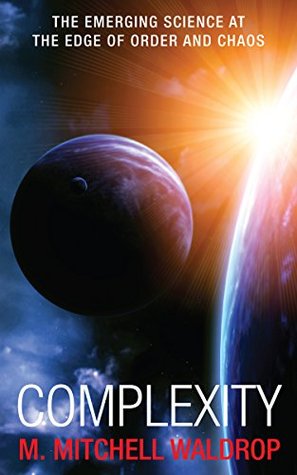Look at a software product like Microsoft's Windows, he says. The company spent $50 million in research and development to get the first copy out the door. The second copy cost it—what, $10 in materials? It's the same story in electronics, computers, pharmaceuticals, even aerospace. (Cost for the first B2 bomber: $21 billion. Cost per copy: $500 million.) High technology could almost be defined as "congealed knowledge," says Arthur. "The marginal cost is next to zilch, which means that every copy you produce makes the product cheaper and cheaper." More than that, every copy offers a chance for
...more
See Paul Mason on • The long term mismatch between market systems and an economy based on information


